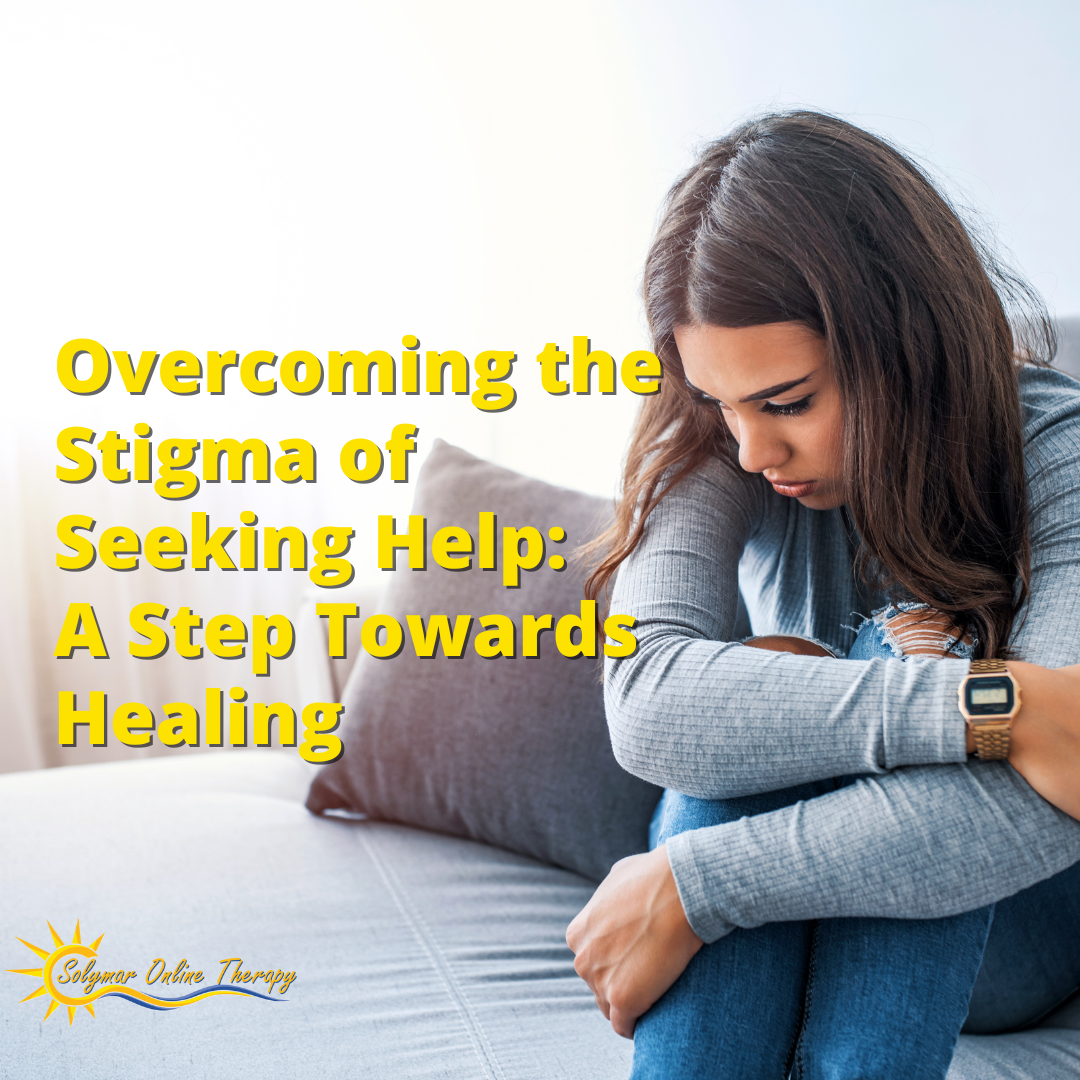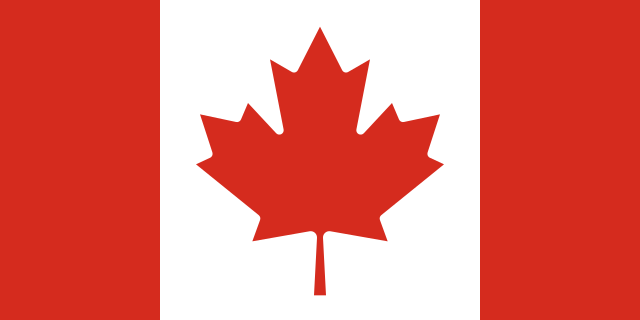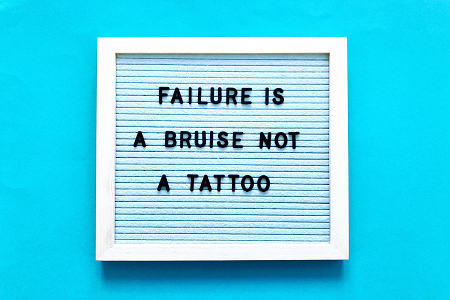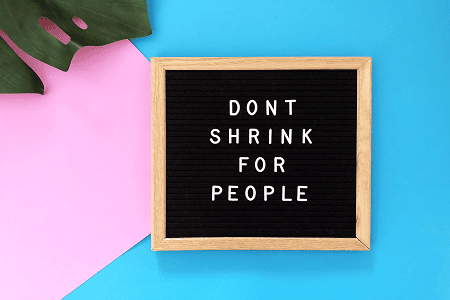 Introduction
Introduction
Seeking help for suicidal thoughts or any mental health issue can be an incredibly difficult step for individuals to take. The stigma surrounding mental health can create barriers and misconceptions that prevent people from reaching out for support. In this article, we will address the common barriers and misconceptions that prevent individuals from seeking therapy for suicidal thoughts. We will emphasize that seeking help is a brave step towards healing and encourage readers to prioritize their mental well-being.
The Stigma Surrounding Mental Health
-
Misunderstandings about Mental Health: Misconceptions and misinformation about mental health can lead to fear and misunderstanding. Many individuals may believe that seeking therapy is a sign of weakness or a lack of resilience.
-
Fear of Judgement: The fear of being judged or stigmatized by others can prevent people from opening up about their struggles. They may worry about being perceived as "crazy" or a burden to others.
-
Self-Stigma: Individuals may internalize the stigma surrounding mental health, leading to feelings of shame and a reluctance to seek help.
-
Cultural and Social Barriers: Different cultures and social norms may view mental health issues differently, leading to hesitation in seeking therapy.
The Importance of Seeking Help
-
Therapy as a Healing Journey: Seeking help through therapy is not a sign of weakness but rather a courageous step towards healing. Therapy offers a safe and supportive space for individuals to explore their emotions and develop coping strategies.
-
Breaking the Silence: By seeking help, individuals challenge the stigma surrounding mental health and contribute to breaking the silence around these issues.
-
Professional Support: Mental health professionals are trained to provide appropriate support and interventions. They can help individuals navigate through difficult emotions and develop healthy coping mechanisms.
-
Validation and Understanding: In therapy, individuals can find validation and understanding for their struggles, which can be incredibly validating and empowering.
Challenging Common Misconceptions
-
"Therapy is Only for Severe Cases": Therapy is beneficial for individuals at various points on the mental health spectrum. It is not reserved only for severe cases; it can be helpful for anyone facing challenges.
-
"Therapy is a Last Resort": Seeking help through therapy doesn't have to be a last resort. It can be a proactive step towards enhancing mental well-being and building resilience.
-
"Therapy is for the Weak": Seeking therapy is a sign of strength and self-awareness, not weakness. It takes courage to confront one's emotions and seek support.
-
"Therapy is Ineffective": Numerous studies have shown the effectiveness of therapy in improving mental health outcomes. The right therapeutic approach can make a significant difference in an individual's well-being.
Encouraging Help-Seeking Behavior
-
Education and Awareness: Promote education and awareness campaigns to debunk myths and misconceptions surrounding mental health and therapy.
-
Open Dialogue: Encourage open discussions about mental health in communities, workplaces, and educational institutions to create a supportive environment.
-
Role Models and Testimonials: Share stories of individuals who have benefited from therapy to demonstrate its positive impact and destigmatize seeking help.
-
Training for Healthcare Providers: Train healthcare providers to offer non-stigmatizing and empathetic care to individuals seeking mental health support.
The Role of Support Systems
-
Encouragement and Validation: Friends and family can play a significant role in encouraging their loved ones to seek therapy. Offer validation for their feelings and struggles.
-
Providing Information: Share information about the benefits of therapy and available mental health resources with those who may need support.
-
Offering Assistance: Offer to help your loved ones find a suitable therapist or accompany them to their first appointment if it helps ease their anxiety.
-
Normalize Help-Seeking: Normalize help-seeking behavior by discussing your experiences with therapy or seeking therapy yourself if necessary.
Conclusion
Overcoming the stigma of seeking help for mental health issues, including suicidal thoughts, is crucial for individuals to embark on a journey of healing and recovery. By challenging common misconceptions and encouraging open dialogue, we can create a more supportive environment for those seeking therapy. Seeking help is a brave and empowering step towards prioritizing mental well-being and fostering resilience in the face of life's challenges.
Hashtags: #StigmaFree #SeekingHelp #MentalHealthSupport #TherapyJourney #EndTheStigma #HealingThroughTherapy #BreakingTheSilence #MentalWellbeing #SupportiveEnvironment #BraveStep
Suicide Help
Suicide Help Lines
![UK Suicide Help Lines]() UK
UK
Here are some UK-based helpline numbers and resources that individuals can reach out to for immediate support if needed:
-
Samaritans Helpline: 116 123 Website: www.samaritans.org
-
Mind Infoline Helpline: 0300 123 3393 Text: 86463 Website: www.mind.org.uk
-
CALM (Campaign Against Living Miserably) Helpline: 0800 58 58 58 Website: www.thecalmzone.net
-
PAPYRUS (Prevention of Young Suicide) Helpline (for under 35): 0800 068 41 41 Website: www.papyrus-uk.org
-
The Mix (for under 25) Helpline: 0808 808 4994 Website: www.themix.org.uk
-
Rethink Mental Illness Helpline: 0808 801 0707 Website: www.rethink.org
-
YoungMinds (for parents concerned about their child's mental health) Helpline: 0808 802 5544 Website: www.youngminds.org.uk
-
Childline Helpline: 0800 1111 Website: www.childline.org.uk
Remember, if you or someone you know is in immediate danger or requires urgent medical attention, please call 999 or go to the nearest hospital emergency department.
These helplines and resources are staffed by trained professionals who can provide confidential support, guidance, and a listening ear to those experiencing emotional distress, including thoughts of suicide. It's crucial to reach out for help when needed, and these organizations are there to offer support 24/7.
![Canada Suicide Help Lines]() CANADA
CANADA
Here are some Canadian-based helpline numbers and resources that individuals can reach out to for immediate support if needed:
-
Canada Suicide Prevention Service Helpline: 1-833-456-4566 Website: www.crisisservicescanada.ca
-
Crisis Text Line Canada Text: CONNECT to 686868
-
Kids Help Phone (for youth under 20) Helpline: 1-800-668-6868 Website: www.kidshelpphone.ca
-
First Nations and Inuit Hope for Wellness Help Line Helpline: 1-855-242-3310
-
Trans Lifeline Helpline: 1-877-330-6366 Website: www.translifeline.org
-
Canadian Mental Health Association (CMHA) Crisis Line Check your local CMHA branch for the helpline number.
-
Crisis Services Canada Helpline: 1-833-456-4566 Text: 45645
-
Distress Centres of Greater Toronto Helpline: 416-408-4357 Text: 45645
These helplines and resources provide confidential support and assistance to individuals in Canada who may be experiencing emotional distress, suicidal thoughts, or other mental health challenges. Trained professionals are available to offer help 24/7, ensuring that those in need have access to immediate support and someone to talk to during difficult times.
As with any crisis situation, if you or someone you know is in immediate danger or requires urgent medical attention, please call 911 or go to the nearest hospital emergency department.
![US Suicide Help Lines]() USA
USA
Here are some USA-based helpline numbers and resources that individuals can reach out to for immediate support if needed:
-
National Suicide Prevention Lifeline Helpline: 1-800-273-TALK (1-800-273-8255) Website: www.suicidepreventionlifeline.org
-
Crisis Text Line Text: HOME to 741741 Website: www.crisistextline.org
-
Veterans Crisis Line Helpline: 1-800-273-TALK (1-800-273-8255), press 1 Text: 838255 Website: www.veteranscrisisline.net
-
SAMHSA (Substance Abuse and Mental Health Services Administration) National Helpline Helpline: 1-800-662-HELP (1-800-662-4357) Website: www.samhsa.gov/find-help/national-helpline
-
National Alliance on Mental Illness (NAMI) Helpline Helpline: 1-800-950-NAMI (1-800-950-6264) Website: www.nami.org
-
TrevorLifeline (for LGBTQ+ youth) Helpline: 1-866-488-7386 Website: www.thetrevorproject.org
-
RAINN (Rape, Abuse & Incest National Network) National Sexual Assault Hotline Helpline: 1-800-656-HOPE (1-800-656-4673) Website: www.rainn.org
-
National Domestic Violence Hotline Helpline: 1-800-799-SAFE (1-800-799-7233) Website: www.thehotline.org
These helplines and resources offer confidential support and help to individuals in the USA who may be experiencing emotional distress, suicidal thoughts, or dealing with mental health and related issues. Trained professionals are available 24/7 to provide immediate assistance and a listening ear for those in need.
In case of a life-threatening emergency or immediate danger, please call 911 or go to the nearest hospital emergency room for immediate help.

 UK
UK CANADA
CANADA USA
USA




